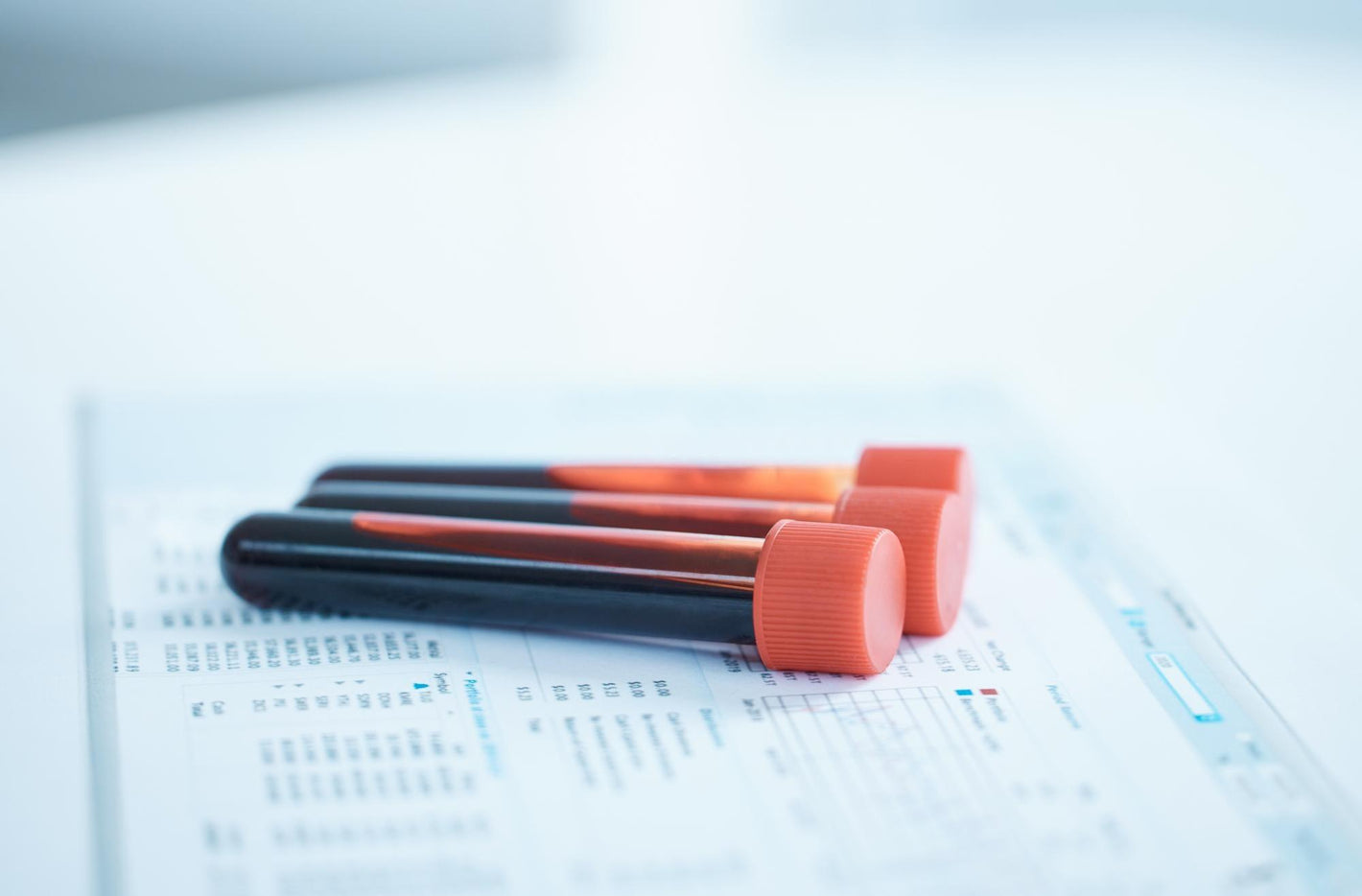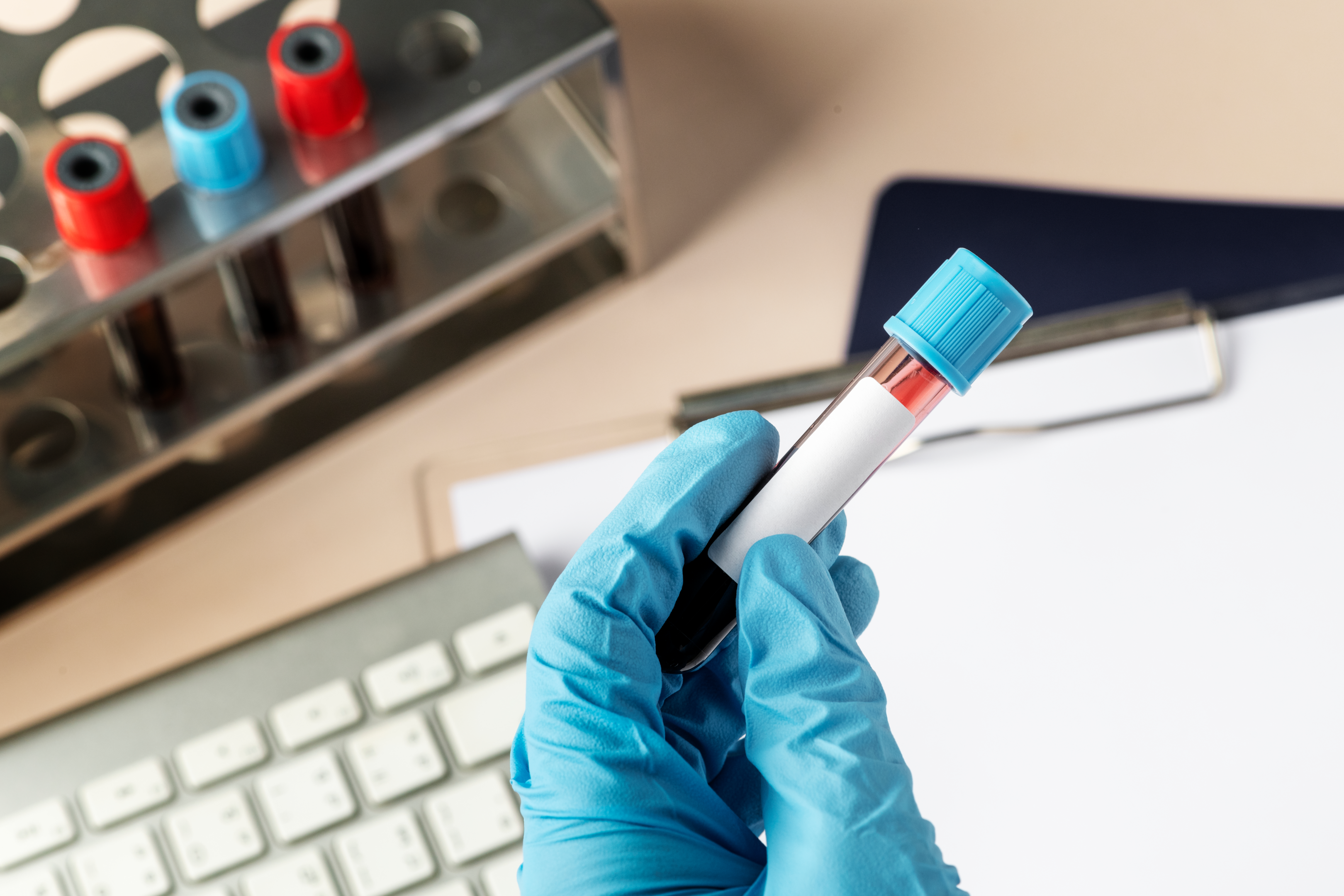What is the Highest Bilirubin Level?
.png?v=1674492151621)

Related products
Bilirubin is a yellowish pigment formed as a by-product of the breakdown of haemoglobin in red blood cells. It plays a crucial role in helping the body eliminate old or damaged blood cells. Normally, bilirubin is processed by the liver and excreted through bile into the intestines. However, when something interferes with this process—such as liver dysfunction, increased red cell destruction, or bile duct blockage—bilirubin can accumulate in the blood, leading to a condition known as hyperbilirubinaemia.
While small amounts of bilirubin in the blood are considered normal, extremely elevated levels can indicate serious medical conditions. The highest bilirubin levels are typically seen in severe liver diseases, haemolytic crises, or neonatal jaundice when the infant’s liver is not yet mature enough to process the pigment efficiently. In adults, critically high bilirubin levels may signify life-threatening conditions requiring immediate intervention.
To monitor this effectively, it is essential to understand the differences between types of bilirubin, how they are measured, and what levels are considered dangerously high. If you suspect liver issues or are experiencing symptoms like yellowing of the skin or eyes (jaundice), dark urine, or fatigue, testing your bilirubin levels should be your first step. You can now do this from the comfort of your home using the Bilirubin Blood Test from Welzo, which offers a convenient and clinically accurate way to track your liver health.
For a broader view of your overall well-being, including your liver, metabolic, and hormonal functions, explore Welzo’s comprehensive Home Blood Tests page, where you’ll find accessible health solutions tailored to individual needs.
What Is Bilirubin and Why Does It Matter?
Bilirubin is a product of red blood cell turnover. Once a red blood cell reaches the end of its lifespan—typically around 120 days—it is broken down in the spleen. The heme portion of haemoglobin is then converted into unconjugated bilirubin, which is fat-soluble and travels to the liver bound to albumin. In the liver, it is conjugated with glucuronic acid to form water-soluble conjugated bilirubin. This conjugated form is then secreted into bile and eliminated from the body via the digestive tract.
Bilirubin is more than just a pigment—it’s a clinical marker. Elevated levels indicate that something has gone wrong in this breakdown and elimination pathway. In particular, it can highlight issues in:
-
Liver function
-
Bile production and flow
-
Red blood cell lifespan and stability
-
Digestive system blockages
For individuals concerned about chronic inflammation impacting the liver, the CRP Blood Test is an ideal complementary test. It can provide insights into systemic inflammation, which often correlates with liver stress or damage.
Because bilirubin levels can indicate anything from minor issues like Gilbert’s syndrome to more severe diseases like hepatitis, gallstones, or liver failure, knowing your levels is an essential component of preventive health care.
What Is the Normal Range for Bilirubin?
In healthy adults, total serum bilirubin typically ranges between 0.3 to 1.0 mg/dL. Levels up to 1.2 mg/dL may still be considered acceptable depending on lab parameters, but anything beyond this may raise clinical suspicion. When bilirubin levels rise above 2.5 mg/dL, jaundice usually becomes visible, particularly in the eyes and skin. However, different populations and ages may have slightly different reference ranges:
-
Newborns: Can naturally have levels up to 5 mg/dL or higher due to immature liver function. Neonatal jaundice is common in the first week of life.
-
Adults: Bilirubin levels above 1.2 mg/dL are considered elevated.
-
Critically ill patients: Levels above 10–20 mg/dL often suggest acute liver failure or massive haemolysis and require immediate attention.
The three key forms of bilirubin measured include:
-
Total bilirubin
-
Direct (conjugated) bilirubin
-
Indirect (unconjugated) bilirubin
High conjugated bilirubin may point to obstructive or hepatic causes, while elevated unconjugated bilirubin often suggests haemolysis or inherited disorders like Gilbert's syndrome. The Advanced Thyroid Function Blood Test is another valuable tool, as thyroid dysfunction can indirectly impact liver metabolism and bilirubin clearance.
Causes of Elevated Bilirubin Levels
High bilirubin levels can arise from a multitude of health issues—some benign, others more serious. Understanding the cause is essential for effective treatment and prevention of complications.
1. Liver Diseases:
-
Hepatitis (A, B, C)
-
Cirrhosis
-
Non-alcoholic fatty liver disease (NAFLD)
-
Autoimmune liver diseases
These conditions interfere with the liver’s ability to conjugate and excrete bilirubin, causing it to accumulate in the bloodstream.
2. Haemolytic Anaemia:
This condition causes an accelerated breakdown of red blood cells, increasing the production of unconjugated bilirubin. It’s a major cause of elevated bilirubin in both adults and children.
3. Genetic Conditions:
-
Gilbert's syndrome: A benign disorder causing mild elevations in unconjugated bilirubin.
-
Crigler-Najjar syndrome: A rare, more severe genetic disorder affecting bilirubin conjugation.
4. Biliary Obstruction:
Blockage in the bile ducts due to gallstones, inflammation, or tumours can cause conjugated bilirubin to back up into the bloodstream. Pancreatic cancer is a particularly severe cause, where early detection is key. For females facing hormonal fluctuations that may impact bile flow, the Female Hormone Blood Test may help identify contributing factors.
5. Medication or Toxicity:
Certain drugs, alcohol, and toxins can harm liver cells or disrupt bile flow, leading to raised bilirubin levels.
Symptoms of elevated bilirubin include jaundice, dark urine, pale stools, abdominal pain, and fatigue. If you experience any of these, testing your bilirubin and liver profile is highly recommended.
Whether you're tracking liver health after a hepatitis diagnosis, monitoring red blood cell integrity, or dealing with unexplained fatigue and digestive symptoms, regular testing is essential. The All Health Tests Collection offers complete wellness panels to support you in identifying risks before they become conditions.
Dangers of Critically High Bilirubin Levels
Severely high bilirubin levels—particularly those exceeding 20 mg/dL in adults—require urgent medical intervention. In such cases, bilirubin itself becomes toxic and may cause complications such as:
-
Kernicterus: A rare condition primarily in infants, where unconjugated bilirubin crosses the blood-brain barrier, causing neurological damage.
-
Liver failure: Critically high bilirubin is a sign of massive hepatic dysfunction and may accompany coagulopathy, encephalopathy, and multi-organ failure.
-
Cholestasis-induced infections: Backed-up bile can become infected, leading to sepsis or cholangitis.
In chronic cases, persistently high bilirubin levels may lead to bile salt retention, pruritus, and eventual liver cirrhosis. Identifying risks early with comprehensive health monitoring is key. The Health and Lifestyle Blood Test can provide a broader picture of your systemic and organ health to detect early warning signs.
How Is High Bilirubin Treated?
Treatment depends entirely on the underlying cause and the severity of elevation. Here’s a breakdown of interventions:
-
For liver disease: Lifestyle changes, antiviral medications, corticosteroids (for autoimmune), and in some cases, liver transplantation.
-
For haemolysis: Treat the underlying cause, which may include blood transfusions, immunosuppressants, or vitamin supplements like folate and B12.
-
For Gilbert's syndrome: Usually requires no treatment but may need lifestyle adjustments to reduce symptom flare-ups.
-
For bile duct obstruction: Surgical removal of gallstones or tumours, or stenting via ERCP.
Metabolic imbalance may also influence liver performance. For example, stress can impair liver metabolism and increase bilirubin load. The DHEA Sulphate (DHEAS) Blood Test helps assess adrenal health and ageing-related hormone imbalance, which may affect how the liver processes waste products.
In chronic cases, continuous monitoring of bilirubin, liver enzymes, and bile flow is necessary to guide treatment and avoid irreversible damage.
Conclusion: Why Bilirubin Monitoring Matters for Your Long-Term Health
Bilirubin is not just a yellow pigment—it’s a window into the health of your liver, blood, and metabolic system. Knowing your bilirubin levels can help detect early signs of liver dysfunction, red blood cell abnormalities, or biliary obstruction long before symptoms become severe. While most people will only ever see mildly elevated levels due to benign conditions like Gilbert’s syndrome or temporary illness, some may experience dangerously high levels that could indicate a medical emergency.
Understanding whether your bilirubin is elevated due to conjugated (direct) or unconjugated (indirect) causes can help guide precise diagnosis and targeted therapy. Modern diagnostics make this easier than ever, with home-based solutions allowing people to take charge of their health in an accessible, convenient way.
Likewise, if diet plays a role in your inflammation and liver health, Welzo's Intolerance Tests Collection can help you identify sensitivities that may be exacerbating metabolic load and affecting your bilirubin processing.
Monitoring your bilirubin levels—and understanding what they mean—empowers you to take control of your health. With professional tools now at your fingertips, there’s no reason to wait for symptoms to worsen before acting. Start today with Welzo’s expertly curated testing services and ensure you're not just living—but thriving.






















 Rated Excellent by 26,523+ Reviews
Rated Excellent by 26,523+ Reviews